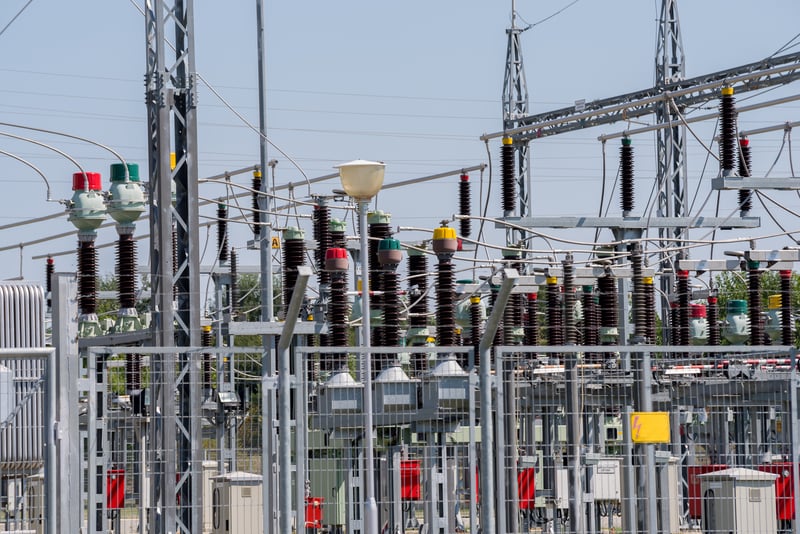TRENTON, N.J. — New Jersey residents and businesses will see higher electricity bills starting June 1, 2025, after the state’s annual Basic Generation Service (BGS) auction resulted in increased costs for electricity supply.
New Jersey Governor Phil Murphy promised cheap, clean, and renewable energy. Instead, the governor is delivering record electricity price hikes year after year.
The New Jersey Board of Public Utilities (NJBPU) announced that the winning auction prices for all four of the state’s regulated Electric Distribution Companies (EDCs) increased compared to last year, leading to projected monthly bill increases ranging from 17.23% to 20.20%, depending on the service territory.
Christine Guhl-Sadovy, president of the NJBPU, attributed the increase to “rapidly increasing demand for electricity, coupled with limited supply growth due to lagging new generation interconnection, and flawed market dynamics in the PJM region.”
She emphasized that Governor Phil Murphy’s administration will continue pushing for reforms to reduce costs, but offered no details.
PJM Interconnection, the regional grid operator, is being blamed by the Murphy administration for failing to address rising capacity costs. Brian Lipman, director of the New Jersey Rate Counsel, called the outcome “deeply concerning” and warned that the average electric ratepayer will see an increase of over $40 per month, which could significantly impact low-income families.
Despite advocacy from Murphy and other regional governors, including Pennsylvania Governor Josh Shapiro’s complaint to the Federal Energy Regulatory Commission (FERC), PJM’s recent capacity market auction yielded the highest prices in its history. However, a price cap agreement is expected to save consumers across the region $21 billion over two years.
The estimated bill increases by provider are:
- PSE&G: 17.24%
- JCP&L: 20.20%
- Atlantic City Electric (ACE): 17.23%
- Rockland Electric Company (RECO): 18.18%
Residents struggling with their utility bills can seek assistance through programs such as the Universal Service Fund, Fresh Start Program, and Low Income Home Energy Assistance Program. More information is available on the NJBPU website.

